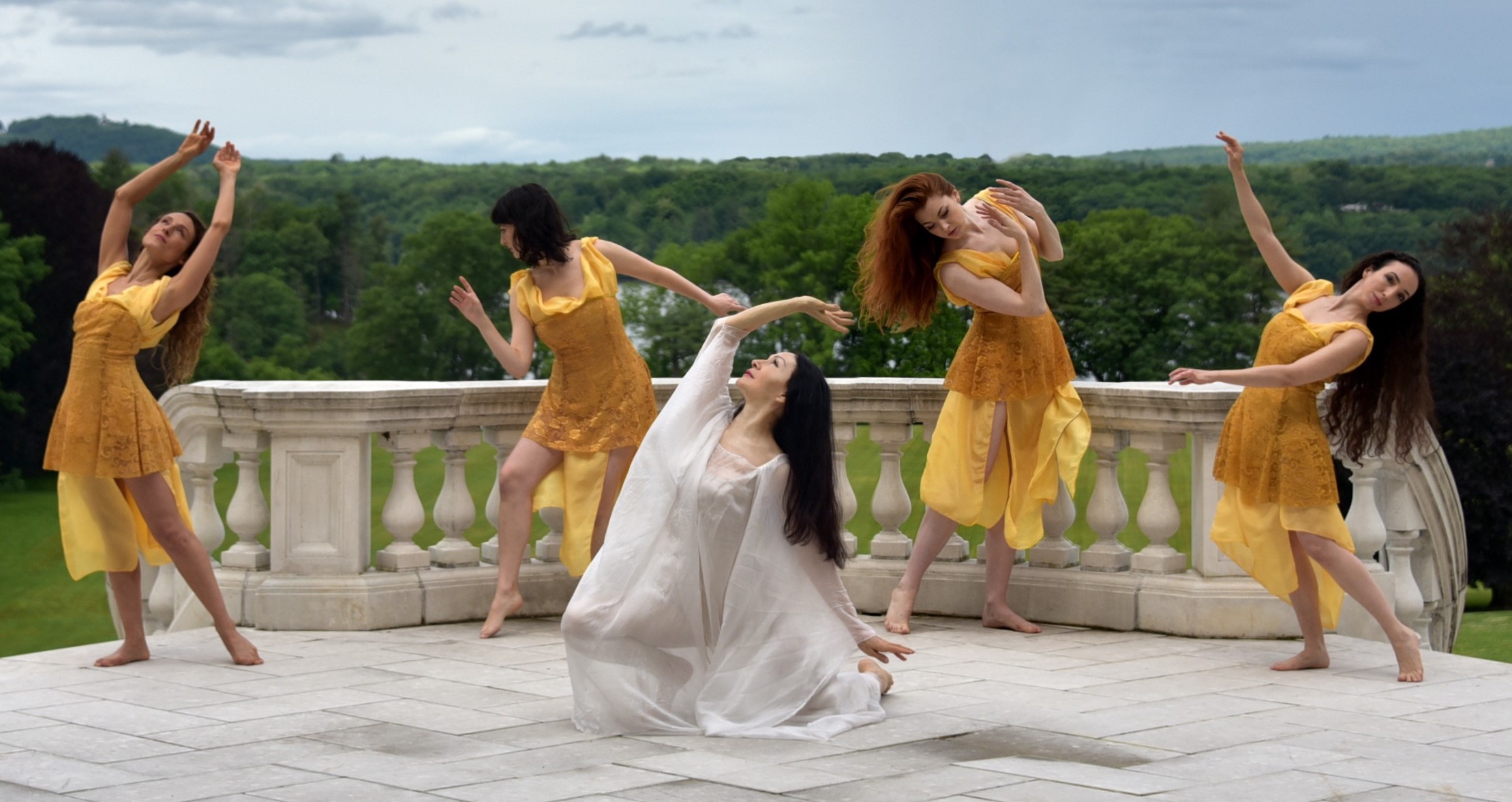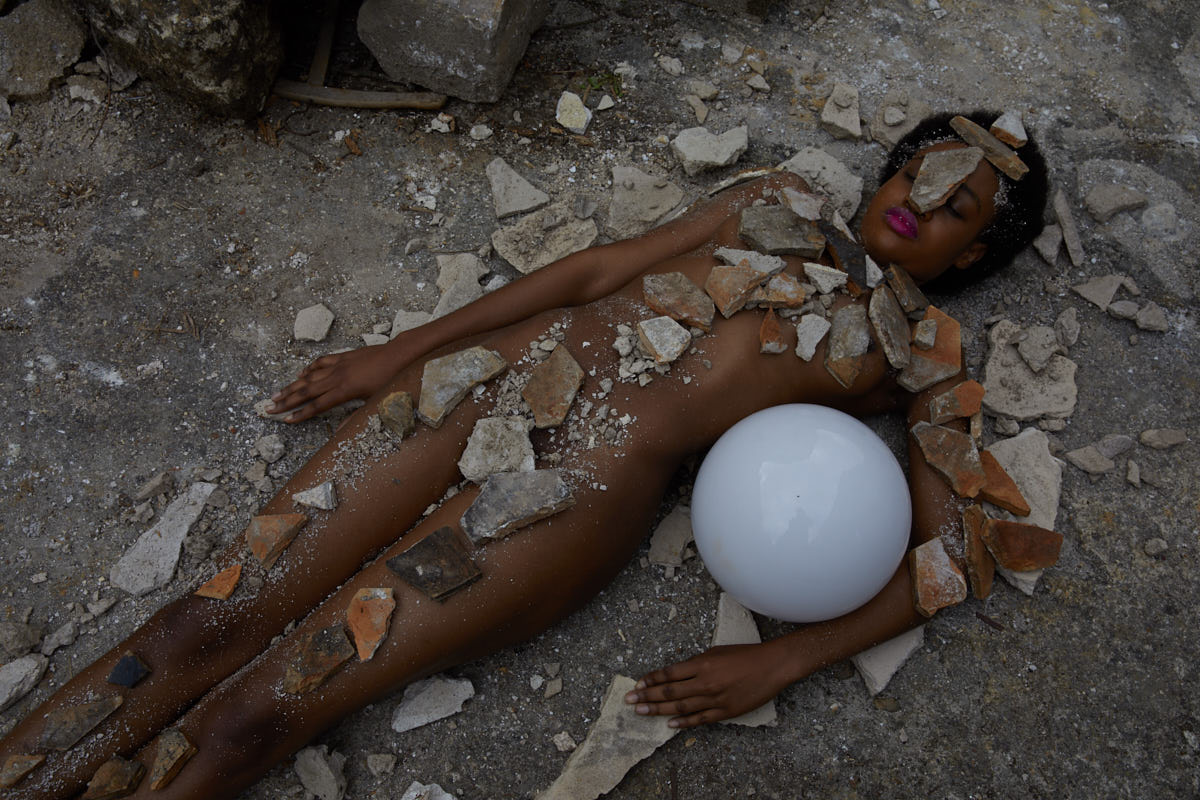June 19-20, 2020
The Delphic Preview: Festival of the Muses celebrates contemporary re-imaginings of Greek culture as they pertain to the ancient and eternal tradition of the Festival of the Delphic Games. The online event invites the global community to engage with ancient Greek art, music, dance, poetry, song, myth, sport and theater in modern iterations through live-streamed performances and discussions, and through the Garden of the Muses, a collection of videos, audio recordings, and articles.
Supplementary Readings and Information
Schedule of Events
10:00-11:30am — Reading Greek Tragedy Online: Euripides’ Ion
Prepare for the Delphic Preview with a reading and discussion of select scenes from Ion. Featured speakers include Lucia Athanassaki (Univeristy of Crete), Joel Christensen (Brandeis University) and Michael Scott (University of Warwick).Actors include Nathalie Armin, Tim Delap, Danai Epithymiadi, Evelyn Miller, and Paul O’Mahony. Reading Greek Tragedy Online is a weekly series presented by the Center for Hellenic Studies, the Kosmos Society, and Out of Chaos Theatre.

9:00-10:30am — Opening Ceremony
Zoie Lafis (Center for Hellenic Studies), Gregory Nagy (Center for Hellenic Studies), Panos Kaltsis (Ecumenical Delphic Union), and Jeanne Bresciani (Isadora Duncan International Institute).
A welcome message from the organizing institutions of the Delphic Preview, featuring the presentation of two dances (available in Full HD):
In Tanagra Procession is a collaborative interpretation staged by Jeanne Bresciani for the Delphic Preview 2020 after the original study by Isadora Duncan on form and character as housed within the Tanagra figurines. Dancers within this digital project span diverse artistic backgrounds and locales across the globe from Japan to Germany, France, Italy, Portugal, Hawaii, Canada and more locally within the continental United States forging a universality digitally through these ancient and eternal statements on the telos of personhood.
Ode to Nike: Triumph of the Human Spirit (excerpt), performed by Rosemary Cooper for the ‘Delphic Preview’ online audience, choreographed by Jeanne Bresciani after fragments left from Isadora Duncan via Maria-Theresa Duncan, the “last dancing Isadorable” and co-founder of the Isadora Duncan International Institute, to Chopin’s legendary Heroic Polonaise Op. 53 in A Flat Major. In this historic encounter, homage is paid to Athena Pronoia gifted in foreknowledge of trial to triumph for the mitigation of suffering and the enhancement of soul.
“Living laws within the living body.” Isadora Duncan
11:00am-12:30pm — Performing Pindar
Helen Eastman (writer/director), Alex Silverman (composer), and Nancy Felson (professor emerita of Classics), with actors Mairin O’ Hagan, Leon Scott, and Charlie Merriman (Live Canon Ensemble).
A sharing of work in progress from a research project at Oxford University’s APGRD, exploring Pindar through performance. With excerpts from Pythian 9, and a discussion about performative approaches to ancient poetry.
12:40pm-1:00pm — Philosophical, Artistic and Athletic Memories of Greece
Marie-Christine Dal Farra & The Dancers of Studios Actuels de la Danse.
A presentation of “Philosophical, Artistic and Athletic Memories of Greece,” created and presented by Marie-Christine Dal Farra & The Dancers of Studios Actuels de la Danse, Vallauris, France, in collaboration with The Isadora Duncan International Institute for the Delphic Preview. Dances include “Virtue in the Arms of Love” and “Penelope’s Dream: It Is Written That He Will Return,” choreographed by Marie-Christine Dal Farra.

Curated by Artemis Herber, produced by Zoie Lafis
2:00pm-4:00pm — The Delphic Image
William Adair, Iris Brosch, Anna Gillespie, Artemis Herber, Judith Pratt, and Marc Robarge.
Image show with contemporary visual artists whose work explores the creative powers of the Muses as well as the Apollonian spirit of nature and the environment. Note: Some artwork presented in the panel contains nudity.
4:30-4:40pm — Mara
Kathleen Hiley (dancer) and Stephanie Ballard (choreographer).
A presentation of “Mara,” originally created by Stephanie Ballard for Margie Gillis in 1989. This rare work has been given a rebirth and passed onto Kathleen Hiley for the next generation to experience. “Mara” is a magically distorted, mythical dreamscape, inspired by the goddess of the sea.
5:00-5:30pm — A Jazz Oracle
A live performance by Dimitri Vassilakis and a presentation of an AI algorithm that interacts like an oracle, reshuffling, re-fragmenting given material, especially effective with poetry and prose.
9:30-10:00am — Nereid
Cynthia Word and the Word Dance Theater.
A presentation of “Nereid,” choreographed by Cynthia Word, performed by Jenifer Golden, Ingrid Zimmer, and Cynthia Word to music by Vassilis Tsabropoulos. Intrigued and inspired by the paintings of Anne Davey in her exhibition “From the Depths of the Salt Sea,” Cynthia began researching the classical idea of Nereids as sea goddesses as well as Davey’s thoughts of the Nereids as “real, but enigmatic women.” “Nereid” was premiered at the Center for Hellenic Studies, September 16, 2017.
11:00am-12:30pm — Magnetic Links
Carol Rumens (Bangor University, Winner of the 2018 Michael Marks Awards for Poetry Pamphlets) and Reginald Gibbons (Northwestern University) with Natasha Bershadsky (Harvard University).
Poetry reading and discussion with two contemporary poets whose work finds inspiration in the ancient Greek world.

2:00pm-3:45pm — Epic, Hymns, and Invocations
Bettina Joy de Guzman with Armand D’Angour (Oxford University), Nikos Xanthoulis (Greek National Opera), Angelo Meriani (Università di Salerno; MOISA: The International Society for the Study of Greek and Roman Music and its Cultural Heritage), Andromache Karanika (University of California in Irvine), Maria G. Xanthou (Seeger Center for Hellenic Studies, Princeton University), Gregory Nagy (Harvard University), Theodore Koumartzis (Luthieros Music Instruments & Seikilo Museum of Ancient Music), and Sylvain Perrot (Centre National de la Recherche Scientifique, University of Strasbourg).
Live solo musical performance by Bettina Joy de Guzman, followed by a discussion about ancient Greek music.
4:00-4:30pm — Collaborative Reading of Pythian 8
A virtual procession and collaborative reading of Pindar’s Pythian 8, hosted by Natasha Bershadsky (Harvard University).
4:30-5:00pm — Jazz Democracy & the ‘Delphic Ideal’ at the United Nations
The Festival concludes with remarks by Jeanne Bresciani, Ph.D. from the United Nations Trusteeship Chamber Hall on the occasion of Dimitri Vassilakis’ “Jazz Democracy” (2018), hosted by The Permanent Mission of Greece to the United Nations, with “Ode to Poseidon,” a movement and solo saxophone improvisation performed by Dimitri Vassilakis, Elena Michailou and The Isadora Duncan International Institute Dancers in the General Assembly Lobby.
Acknowledgements
The Festival is presented by Harvard University’s Center for Hellenic Studies in collaboration with the Isadora Duncan International Institute, the Ecumenical Delphic Union, and the Committee for the Reinstatement of the Delphic Games. Sponsors include MOISA: The International Society for the Study of Greek and Roman Music and its Cultural Heritage. The Festival is part of a larger, ongoing initiative to further modern reinstatements of the Festival of the Delphic Games, to be held next in Delphi, June 2021.
Special thanks to the following persons for their role in organizing the Festival: Natasha Bershadsky, Jeanne Bresciani, Iris Brosch, Rosemary Cooper, Nancy Felson, Bettina Joy de Guzman, Lia Hanhardt, Artemis Herber, Lanah Koelle, Zoie Lafis, Allie Marbry, Richard Martin, Laura Slatkin, and Noel Spencer.
